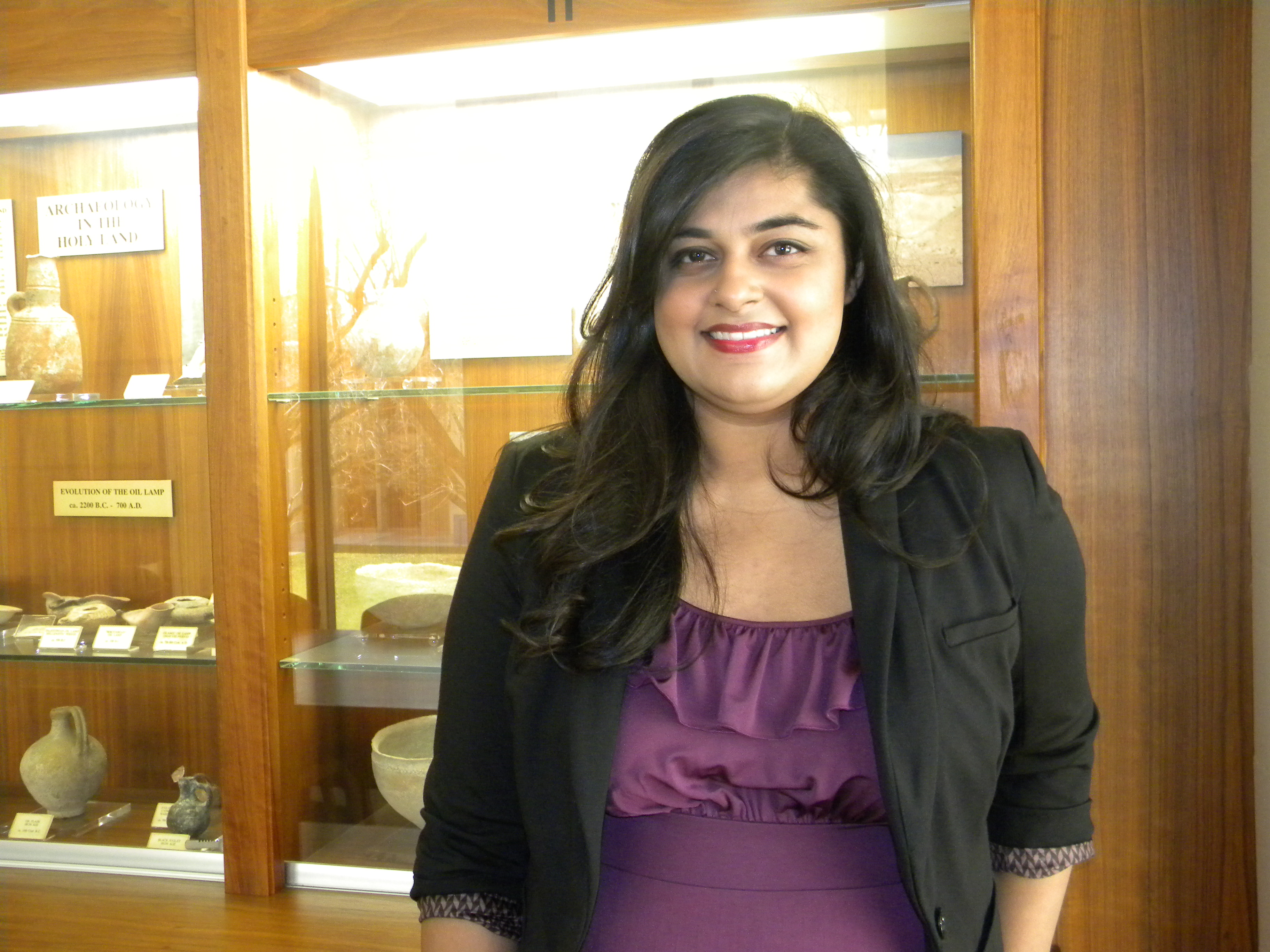I do not often tell others now that my parents rarely kissed or hugged us as children. In today’s heavy judgment on parents of all types, I fear that the ways in which my parents showed their affections would be misrepresented as cruel or negligent. Instead, my parents (surely like their parents before them) were reserved in a classic South Asian manner. Not once had I ever been told that my parents loved me; not once were we hugged for no reason. Still, not once have I ever doubted their love.
The realization that this should be strange or abnormal did not come to me until I was a college student. More than one of my friends used the phrase “I love you” on a regular basis when hanging up the phone with a parent – I simply said goodbye and hung up. Though no one accused me of disrespect, at the time I felt the acute difference between my white friends and me – their parents loved them unequivocally. My own parents were often demanding: I should be thinner, fairer-skinned, smarter, more talented, and so on. As a college student, going through the ups and downs of life away from them, I wanted nothing more than to hear that they loved me.
***
Because we are Pakistani-American, we grew up going to Indo-Pak grocery stores on Devon Avenue or Chicago’s western suburbs that were filled with spices and loose tea and mango juice in plastic bottles. In these stores, no one stared at my mother with her dupatta draped around her neck or her combination of shoes with shalwar kameez.
Before we were old enough to sit in the car to wait for my mother, which was before we were old enough to feel self-conscious about entering these stores, we would roam the aisles and stare at the rack of VHS tapes full of classic Bollywood films. Even the tapes smelt of coriander and red chili powder. The new releases were obtained illegally somehow, copied over and over again so that the audio would waver and the video would be fuzzy. Occasionally, my mother would rent a film for a dollar a week and the tape would get passed from aunt to aunt, cousin to cousin, until we had all heard the songs more than once.
From family in Pakistan we would receive mixtapes of new European bands on side A with the soundtrack to Jo Jeeta Wohi Sikandar on side B. These songs were played in the car with relative frequency, much to my father’s dismay. He preferred Nusrat Fateh Ali Khan to Indian pop culture, and made a point of saying so every time we settled to watch a film with my mother.
***
Like every good young adult, I remember my formative decade as the golden era of culture, and Bollywood is no exception. It was during the 90s when Madhuri Dixit became the highest paid actor in the world, when Shah Rukh and Kajol first shared a screen, when Amir Khan rode his bicycle to victory.
This Bollywood was always more fantasy than reality; in fact, this is everything it had going for it. Every pair of lovers was star-crossed. Every love triangle had a happy ending. Every moment of happiness had its own dedicated song. As lovers first voiced their love, they were instantly transported to wide grassy European fields, and sari fabric would wave in the wind. This was a world were women coquettishly giggled behind tree trunks, where men traveled with a dozen back-up dancers.
Most noticeably, 90s Bollywood was devoid of one gaping thing: kissing. Lead actors would embrace, the sexual tension building. Everything was implied. Everything was subsumed into choreography and playful banter.
***
When I look at Bollywood now, I sometimes see a ghost of what it was in the 90s. I see it as I once saw it as a little girl in the middle-class suburbia of the Midwest, surrounded by representations of romantic love that were so white: tall, white, skinny girls who kissed tall, fair, handsome men. Disney fairy tales provided the closest resemblance to anyone like me, like Mowgli’s little crush at the end of The Jungle Book.
Bollywood taught me that brown folks can love. However unrealistic the films were, however fantastical and fictional and impossible, they still showed me that brown girls can say the words “main tumse pyar karthi hoon”.* They showed me you can love so much that you will literally sing it from the tops of moving train cars. Love is that special; love is that noteworthy.
I have not fallen in love with anyone yet, but if and when I do, I will remember the movies of my childhood. I will remember to express it joyously – to tell the world how just how great it is.
* Translation: “I love you.”
—
Hafsa Arain is a student, interfaith activist, and writer living in Claremont, California. She is currently studying Muslim leadership with a focus on feminism in Islam. You can find more of her creative nonfiction on the high/low culture blog This Recording.












